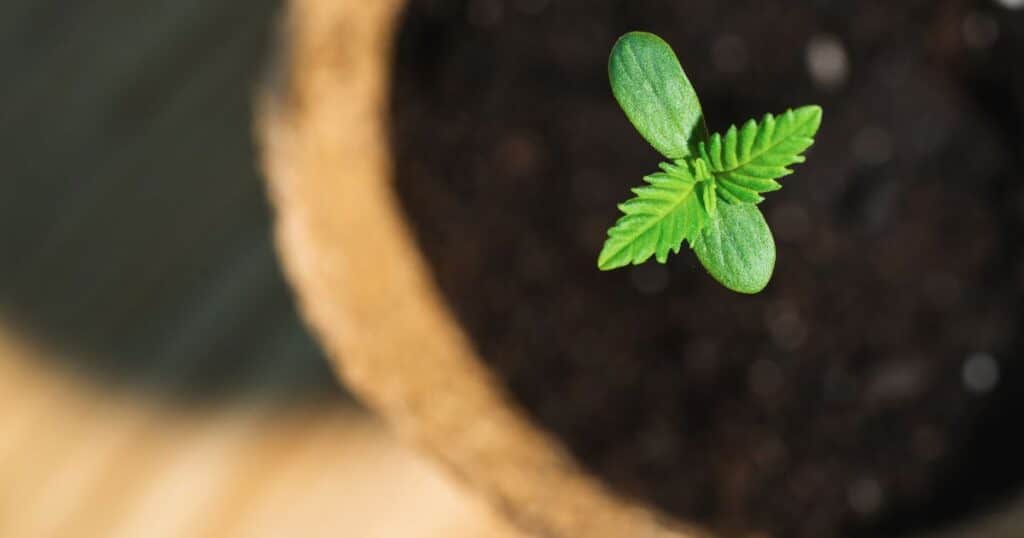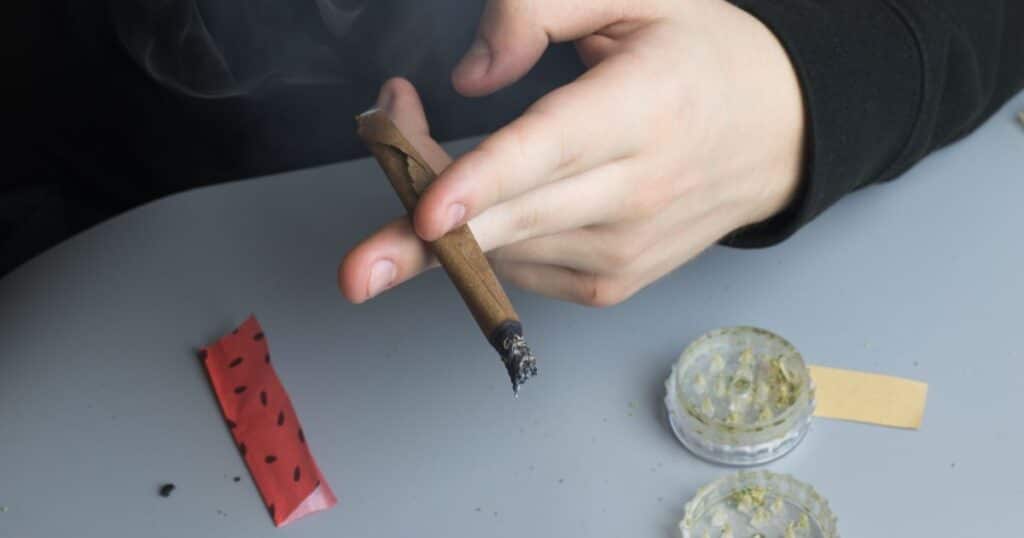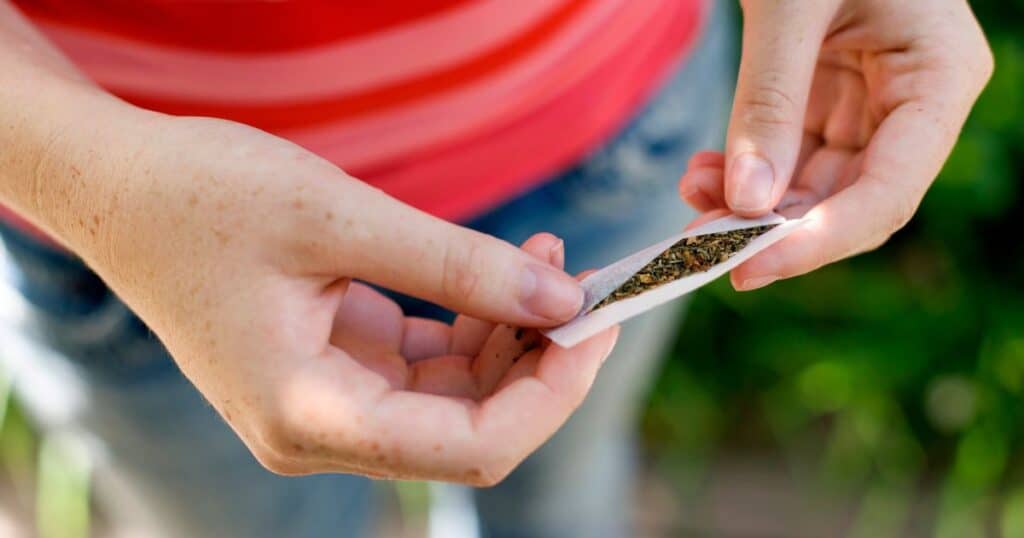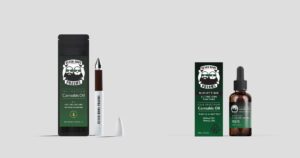In an era of shifting societal attitudes toward marijuana, one debate has persisted fervently for a decade: does legalization of adult-use cannabis lead to an increase in youth consumption? Statistically, it seems all of us in the industry have seen these arguments for or against legalization underpinned by various studies, speculation, and anecdotal evidence; however, when we dig a little deeper into the statistics, a different story begins to emerge.

The federally funded study carried out by the University of Nevada, the University of New Mexico, and the New Mexico Department of Health dives into this hotly contested issue. The research set out to explore the consequences of adult-use marijuana sales on middle school students in two demographically distinct states, Nevada and New Mexico.
To nobody’s surprise who has been around the cannabis industry, the findings suggest that there is no compelling evidence that the implementation of adult-use marijuana sales, by itself, increases youth use and that efforts aimed at curbing youth usage need to be redirected.
To conduct the study, the researchers relied on data from the 2017 and 2019 state-administered surveys, which included questions about lifetime and past 30-day marijuana use by middle school students.
Nevada, which legalized adult-use marijuana sales in 2017, served as the case study for the impact of legalization, while New Mexico, where only medical marijuana was legal at the time, acted as a control state. The sample study involved a robust dataset, portraying the attitudes and behaviors of middle school students before and after the legalization in Nevada.
Study Key Findings of Adult-Use Cannabis Legalization and Youth Usage Rates
While the findings did present an increase in the prevalence of youth marijuana use across the board, what’s crucial to note is that this increase wasn’t exclusive to Nevada post-adult-use cannabis legalization. In both states, the percentages of students who reported lifetime and past 30-day marijuana use had elevated, signaling a broader societal shift that transcended regional legality.
In Nevada, more middle-school students reported trying cannabis, from 9.7% in 2017 to 13.3% in 2019. Recent 30-day use also went up, from 6.3% to 8.9%. In New Mexico, where only medical marijuana was legal, lifetime use increased from 14.1% to 17.4%. Recent 30-day use rose from 8.9% to 10.5% during the same period.
“We did not find compelling evidence that implementation of adult-use marijuana sales was associated with an immediate increase in lifetime or P30D marijuana use among middle school youth in Nevada which aligns with previous research.” The authors noted.
It also pointed out that these increases were more noticeable in certain subgroups, such as females, older students, non-White individuals, and those in Title I schools.
The study conducted by the University of Nevada, University of New Mexico, and the New Mexico Department of Health is not an anomaly but rather a part of a growing body of evidence suggesting that the legalization of marijuana for adult use does not result in increased cannabis use among youths.
For instance, the research article titled “Effects of Cannabis Legalization on Adolescent Cannabis Use Across 3 Studies” found no significant relationship between the change in legalization status and the probability or frequency of adolescents reporting cannabis use in the past year. The findings also highlighted that youths who experienced more of their adolescence under legalization were neither more nor less likely to have used cannabis by age 15 compared to those who grew up with stricter regulations.
Furthermore, a comprehensive analysis published by the Journal of the American Medical Association looked into federal data from more than 1.4 million high school students. This extensive research saw no notable correlation between the introduction of adult-use cannabis legalization laws and changes in marijuana use or usage frequency among high school students. The examination extended to medical cannabis laws, concluding that such laws had no effect on youth cannabis consumption.
This study, along with others looking at the same topic, pushes policymakers, health pros, and the growing cannabis industry to have a more detailed chat. The common idea that legalization automatically means more access and, in turn, more youth usage is being questioned by solid data.

Overall, the recent study contributes to the expanding collection of research indicating that the legalization of adult-use cannabis is not the sole determinant of increased cannabis use among youth. Whether in Nevada, where recreational use was permitted, or in New Mexico, restricted only to medical use at the time, the uptick in usage rates among middle school students underscores a broader trend toward the normalization of cannabis use across the country.
This pattern suggests that societal attitudes and the general acceptance of cannabis are evolving, influencing youth behaviors more profoundly than the legal status of cannabis alone. It underlines the importance of distinguishing between the effects of adult-use cannabis legalization and the societal trends toward normalization, indicating that efforts to mitigate youth usage should not solely focus on legal accessibility but also address broader societal influences and perceptions of cannabis use.
We do not condone youth using cannabis until they are of legal age, or it’s needed as a medication as directed by their state/country; however, the increase in usage indicates that cannabis use is becoming more and more normalized in society.

















